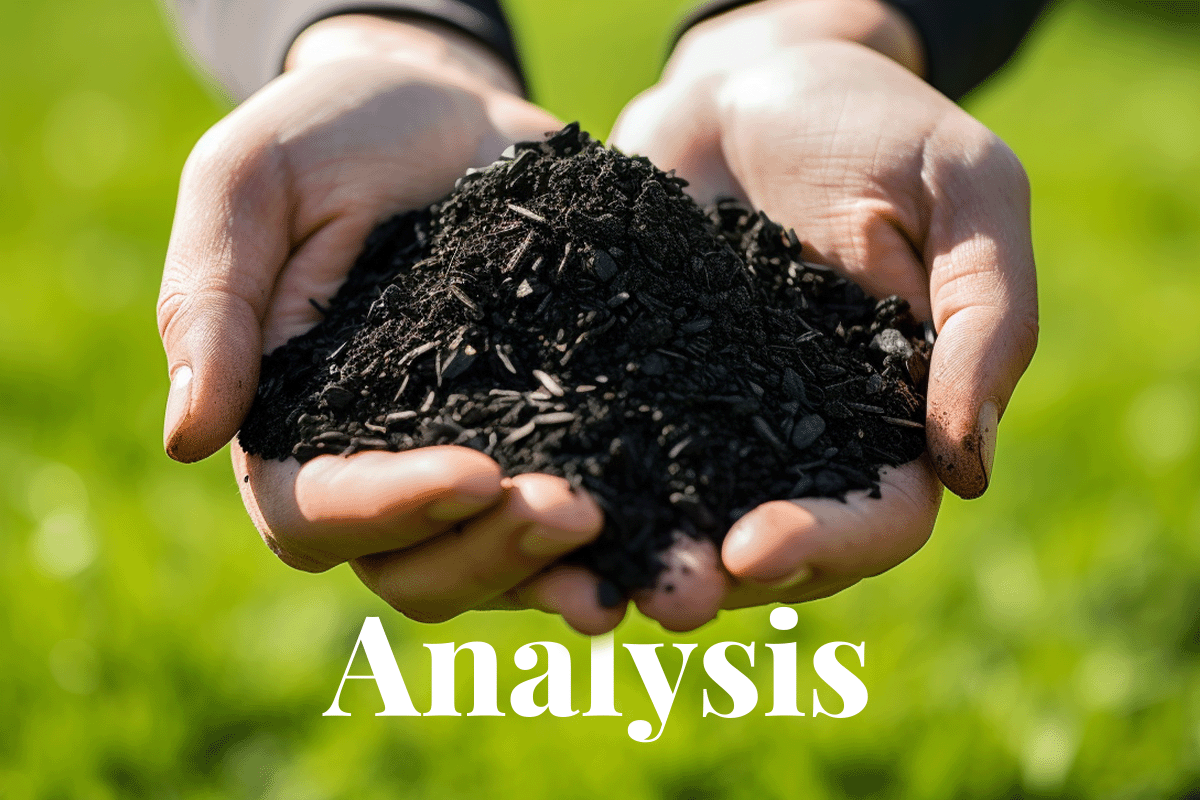The biochar market is experiencing a pivotal shift, with long-term carbon pricing already below $100 per tonne of carbon dioxide equivalent (tCO2e). This significant trend reflects the sector's burgeoning potential for substantial growth and scale. Recent insights shared by project developers highlight the escalating demand for biochar carbon removal (BCR) credits, attributing the price surge to corporate interest and a shortage of supply.
 Close up on a man's hands holding a handful of a biochar. AI generated picture.
Close up on a man's hands holding a handful of a biochar. AI generated picture.
Notably, major companies like Microsoft, Meta, JP Morgan, and Klarna have joined the wave, investing significantly in BCR credits. BCR credit prices have seen a rise in demand, with small-volume deals reaching $525/tCO2e and most others fetching between $100–200/tCO2e, depending on the factors of the project.
This transformation in the market has witnessed a geographic pivot, with larger investments and new BCR plants emerging in the US, Bolivia, and Brazil, diverging from the traditional European base. For instance, Exomad Green in the Bolivian Amazon stands as the largest operational BCR plant globally, offering substantial carbon credits at €140 ($150)/tCO2e.
Read more: Microsoft's step towards net zero through biochar
In California, some projects are also making waves, foreseeing a shift in the market dynamics with pre-purchases starting as low as $80. The industry envisions a need for vast scalability to drive down costs, with risks associated as part of the initial projects.
The market's landscape involves intricate dealings, with forward offtake deals and varying payment structures significantly influencing prices. As the US currently dominates new supplies, the long-term forecast suggests a migration of biochar supply to the Southern Hemisphere, given the abundance of biomass sources.
Read more: Introducing biochar: a new innovative carbon storage solution
New standards have emerged authorising waste biomass from artisan farms, cocoa mills, and sawmills, along with disaster debris, indicating a diversification in biomass sources. This diversification, despite concerns about the market's pricing inconsistencies, hints at a potential market expansion and a need for increased clarity in deals and pricing structures for future stability.
At DGB Group, we champion nature-based solutions, revitalising the environment through reforestation, afforestation, and biodiversity restoration. Our solutions enable transparent engagement for businesses and individuals, fostering a harmonious alliance with nature. Embracing biochar in our land management practices can be pivotal for sustainability, offering a path towards a better future. By harnessing biochar's power, we can support nature, prevent biodiversity loss, and cultivate a resilient world for generations to come.
Embark on a green journey with DGB

